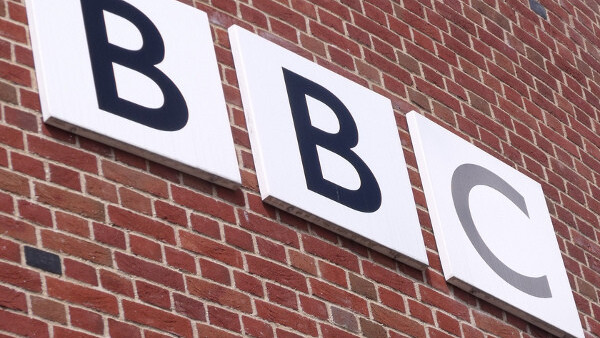
 While net neutrality has become a hot political topic in the US, it’s not been quite as openly debated in Europe of late. That appears to be changing.
While net neutrality has become a hot political topic in the US, it’s not been quite as openly debated in Europe of late. That appears to be changing.
Today the BBC’s Director of Future Media & Technology, Erik Huggers has thrown his hat into the ring in a blog post supporting the ideal of an Internet free of priority access to companies that are willing to pay for the privilege.
As the provider of the UK’s most popular home-grown streaming media service, the iPlayer, the BBC is becoming the target of ISPs ambitions to gain income from competing services. Talk Talk and BT recently admitted they would be happy to throttle iPlayer traffic speeds to enhance access to commercial rivals like YouTube.
“An emerging trend towards network operators discriminating in favour of certain traffic based on who provides it, as part of commercial arrangements, is a worrying development.” writes Huggers. “Discriminating against traffic in this way would distort competition to the detriment of the public and the UK’s creative economy.”
Huggers says that this isn’t just the BBC trying to protect its own interests. Name-dropping services as diverse as Facebook; TheyWorkForYou; Skype and Audioboo, he argues that the Internet’s “Innovative and dynamic ecosystem” is at risk by ISPs’ traffic shaping. The BBC’s has shared its concerns with the European Union’s Net Neutrality consulatation, which ran between June and September this year. The European Commission is expected to report its findings on the issue before the end of 2010.
It’s understandable that the BBC would back a free and open Internet. After all, as a publicly funded body it’s not really in a position to shell out money to ISPs to ensure it gets priority access. With Internet-connected TVs becoming increasingly common and experiments like yesterday’s announcement of HD Sound, the BBC’s bandwidth demands are only going to get larger. Whether the BBC will be able to successfully fight off both ISPs’ demands that iPlayer traffic is restricted and a government not known for its sympathetic view of the broadcaster remains to be seen.
Get the TNW newsletter
Get the most important tech news in your inbox each week.





